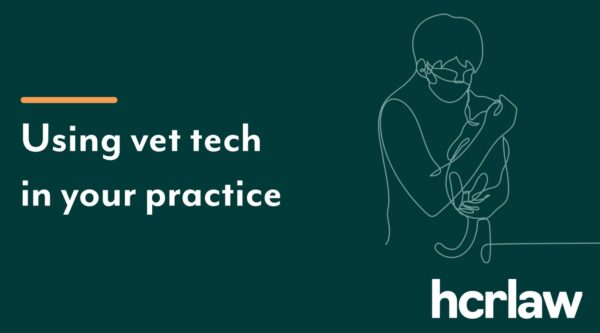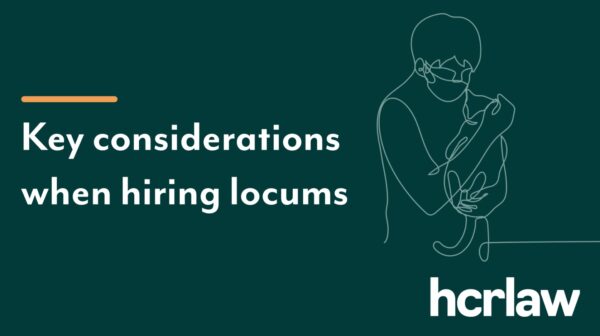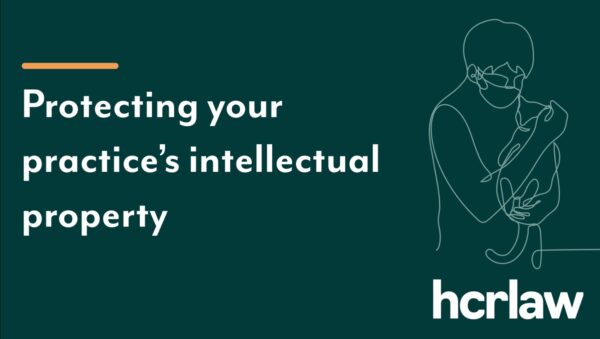

Social media can bring many benefits to those working across the healthcare sector. However, it can also be the demise of those who fall foul of their respective codes of conduct (“code”).
The March 2024 RCVS disciplinary committee decision
In March this year, the Royal College of Veterinary Surgeons’ (“RCVS’”) Disciplinary Committee publicly directed that a veterinary nurse be removed from the register for posting offensive remarks on X, and for holding themselves out as a vet on social media.
In making such a decision, the committee suggested that it was extremely serious “for a registered veterinary nurse to pretend to be a veterinary surgeon on a public platform” and the “highly offensive language of the tweets in this case, extending over a period of years…[amounted to conduct which is] fundamentally incompatible with continued registration”.
In coming to this conclusion, the committee confirmed that “removal from the register [was] the only sanction which [was] sufficient to satisfy the public interest in maintaining the proper standards of behaviour for registered veterinary practitioners and public confidence in the profession and its regulation”.
This decision shows the RCVS takes social media concerns seriously and will not hesitate to impose a sanction where needed. In this case, the most serious sanction available to them is removal from the register.
Vet professionals should therefore take care when using social media as it can be a difficult landscape to navigate.
Whilst the RCVS has helpfully produced guidance to be read in conjunction with the code, vet professionals should remember that they will be held accountable to this guidance should a social media-related concern be raised against them. Ignorance of this guidance will not be accepted by the RCVS. Therefore, you should fully acquaint yourself with this guidance if not already done so.
RCVS guidance
In brief, the RCVS guidance states as follows:
- Social media includes “all technology that can be used to create or share content, including but not limited to opinions and insights, information, knowledge, and ideas and interests”. This includes X, YouTube, Instagram, TikTok, LinkedIn, Facebook, Tumblr, Vetsurgeon.org and WhatsApp, as means of example.
- Vet professionals have a responsibility to behave professionally and responsibly online and essentially, act as they would in the real world.
- Vet professionals should avoid making, posting or facilitating content that:
- a. Contravenes any internet or their employer/organisations social media policy
- b. May cause distress or provoke anti-social or violent behaviour
- c. Is offensive, false or unjustified
- d. Instigates or participates in abuse, bullying, victimisation, harassment or threatening or intimidating behaviour
- e. Is discriminatory
- f. Brings the veterinary profession into disrepute.
- Vet professionals should consider how to protect their own privacy owing to the public nature of online activity. Notably, location information may be embedded within photographs taken and uploaded to social media and any uploaded content can be forwarded or shared to others on social media. As the RCVS correctly asserts, “anything shared online will be there permanently” and vet professionals may wish to check and amend their privacy settings accordingly.
- Vet professionals have a legal and professional duty to maintain client confidentiality at all times and client information, or information about a client’s animal or animals, cannot be disclosed to a third party unless the client consents – or there are animal welfare concerns. This includes online publication. Vet professionals should be careful not to identify nor publish photographs or a livestream of a client, or a client’s animal(s) online unless explicit consent has been provided by the client and recorded.
- Where a vet professional wishes to discuss a case in a vet professionals-only online forum, relevant steps should be taken to anonymise the client or a client’s animal to prevent them from being identified.
- Where a client makes a negative complaint online about a vet professional or veterinary practice, the client should be invited to contact the practice to discuss their concerns further and an online public dispute should be avoided.
Whilst most of the above is essentially pragmatic in nature, the inclusion of WhatsApp messages may surprise some vet professionals.
However, in 2022, offensive WhatsApp messages, made within a closed group, formed the basis of Fitness to Practise proceedings brought against a healthcare practitioner by their regulator.
Therefore, care must and should be taken when using all forms of social media.










